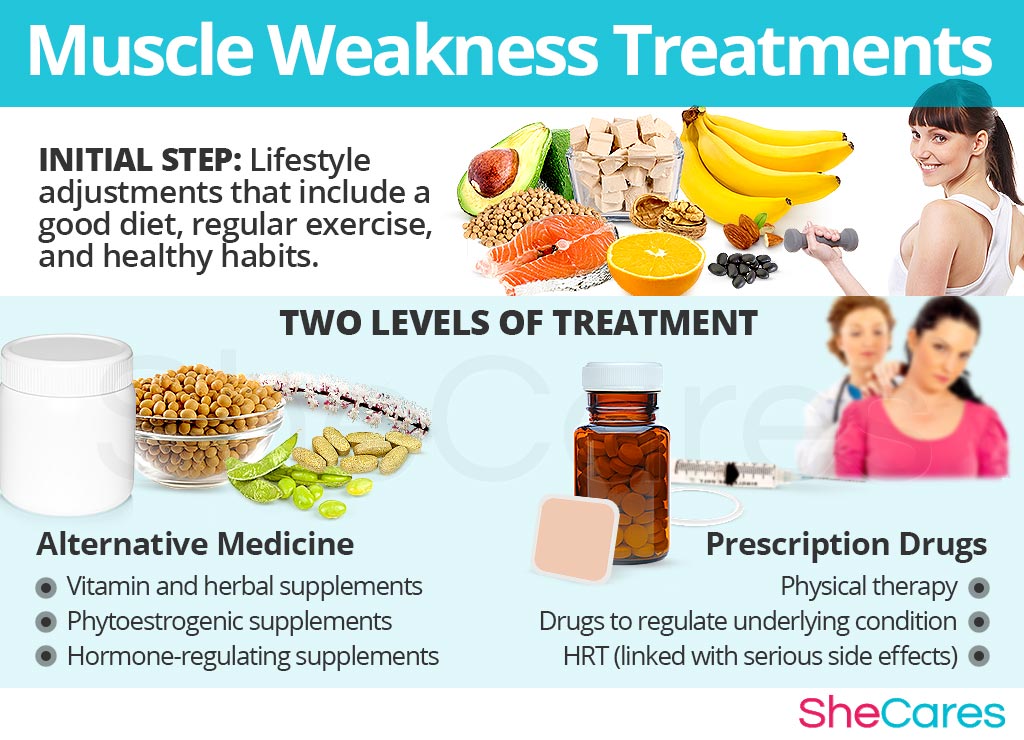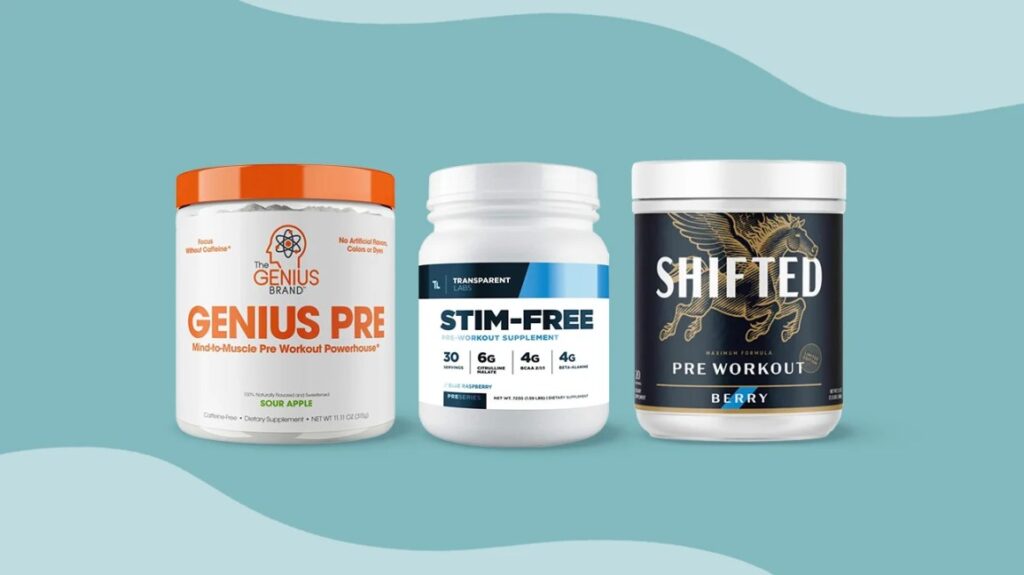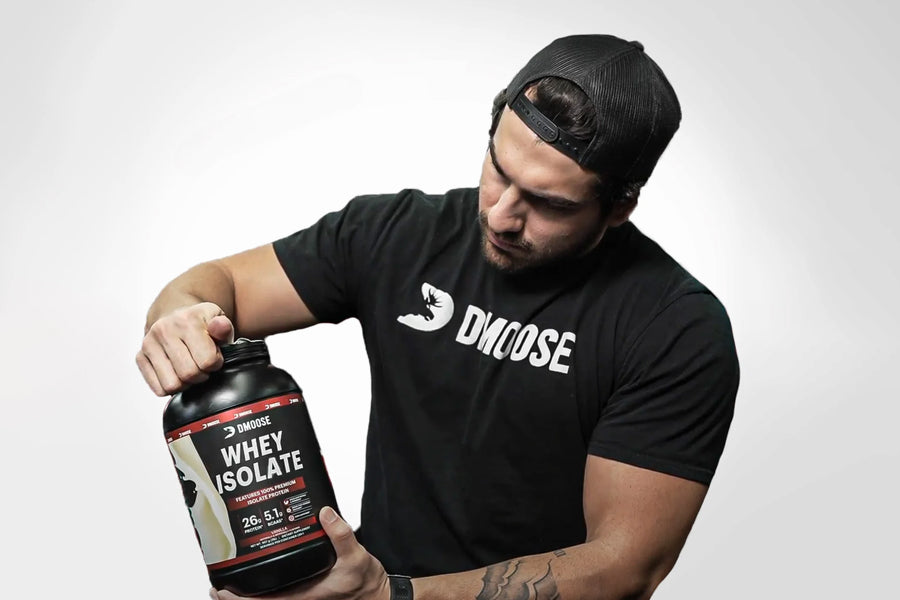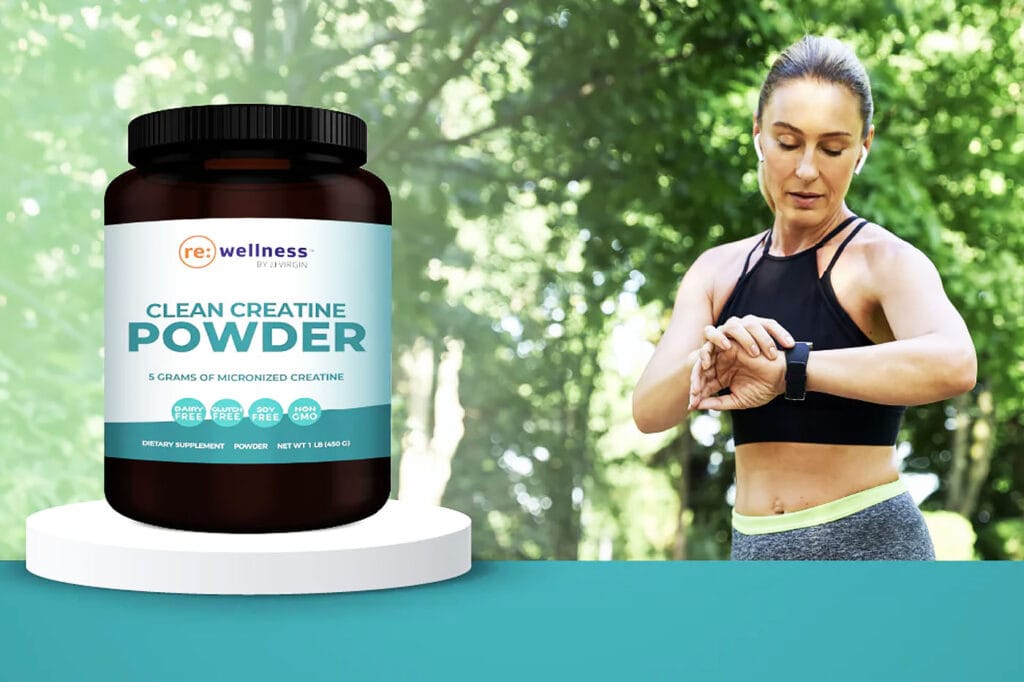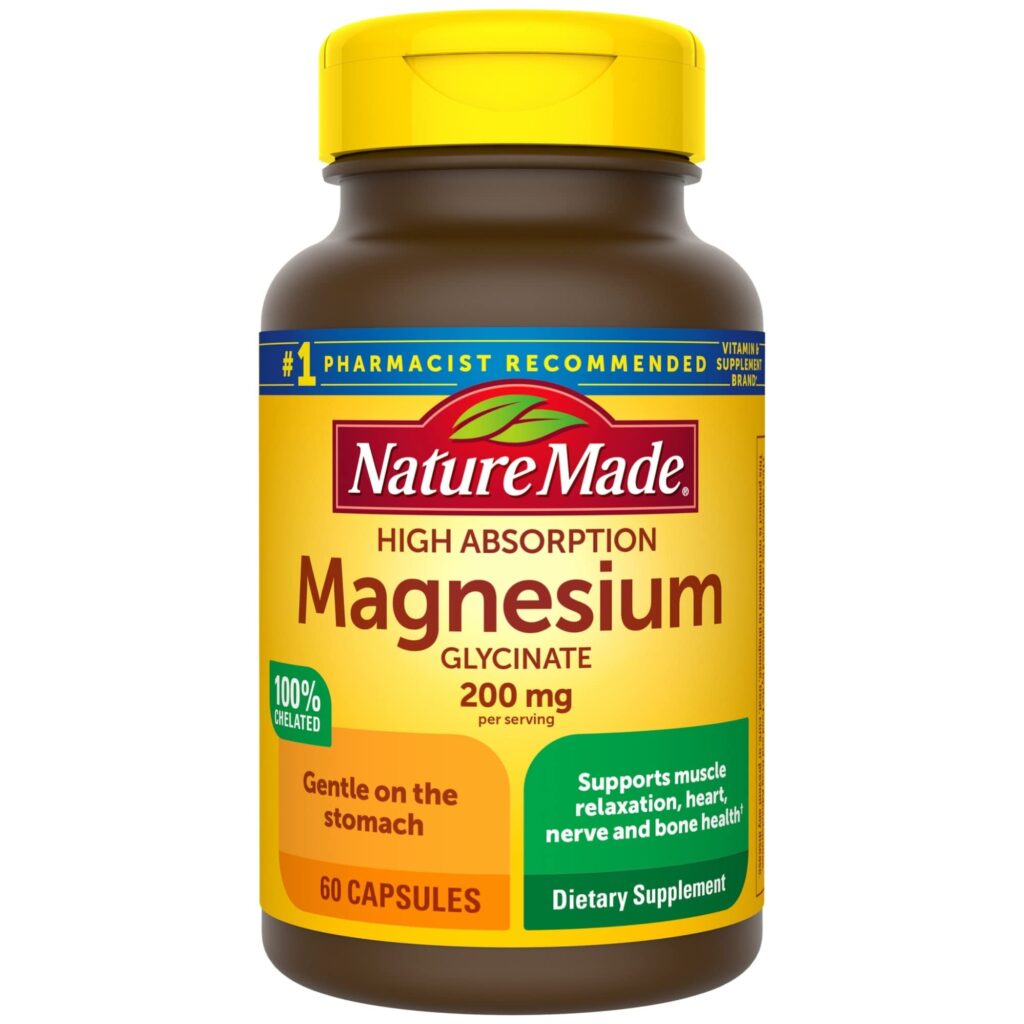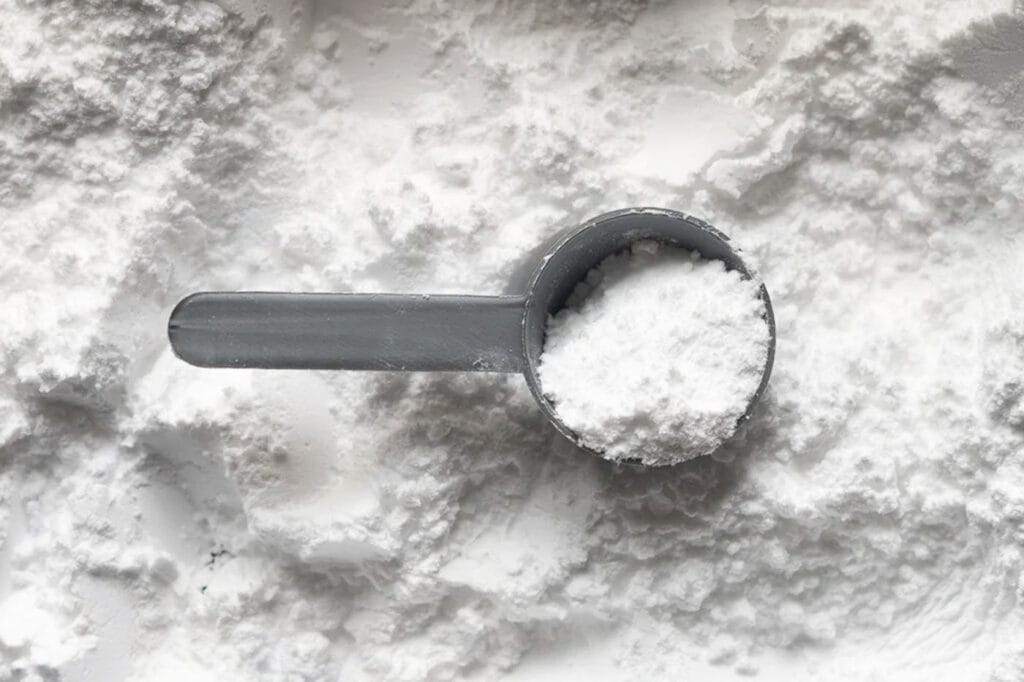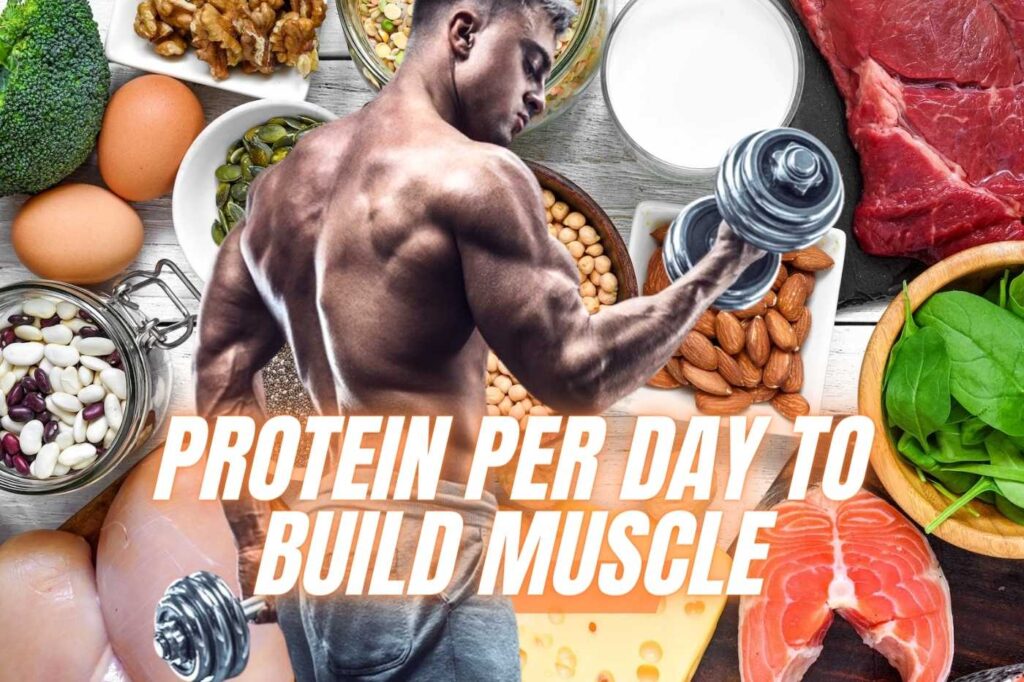Supplements like BCAAs, creatine, and magnesium help reduce muscle fatigue and soreness. These aid in muscle recovery and performance.
Muscle fatigue and soreness can hinder your workout progress and everyday activities. Supplements like branched-chain amino acids (BCAAs) are essential for muscle repair and growth. Creatine enhances energy production, allowing you to push harder during workouts. Magnesium plays a crucial role in muscle function and relaxation, reducing cramps and discomfort.
Including these supplements in your diet can significantly improve recovery times and overall muscle health. Proper supplementation ensures you maintain peak performance and reduce the risk of overtraining. Always consult a healthcare professional before starting any new supplement regimen.

Credit: www.amazon.com
Introduction To Muscle Fatigue
Muscle fatigue happens when muscles become tired. This often occurs after intense exercise. Muscles feel weak and may not perform well. Understanding muscle fatigue is key to better recovery. Supplements can help ease muscle fatigue and soreness.
The Phenomenon Of Muscle Soreness
Muscle soreness usually starts after exercise. This is called Delayed Onset Muscle Soreness (DOMS). DOMS happens 24 to 48 hours after working out. You may feel stiffness and pain. This soreness is due to tiny tears in muscle fibers. These tears heal and make muscles stronger.
| Time After Exercise | Muscle Soreness Level |
|---|---|
| 0-12 Hours | Mild |
| 12-24 Hours | Moderate |
| 24-48 Hours | Severe |
| 48+ Hours | Decreasing |
Importance Of Recovery
Recovery is essential for muscle health. Proper recovery helps muscles grow and repair. It also prevents injuries. The right supplements can speed up recovery. These supplements provide nutrients that muscles need.
- Protein: Helps in muscle repair.
- Creatine: Boosts muscle strength and recovery.
- BCAAs: Reduces muscle soreness and fatigue.
Taking care of your muscles ensures better performance. Always listen to your body and give it time to heal.
Identifying Muscle Fatigue
Muscle fatigue is a common issue for athletes and fitness enthusiasts. Knowing the signs helps you address it early. This section will guide you in identifying muscle fatigue. It includes symptoms, when to seek help, and useful supplements.
Symptoms And Signs
Recognizing the symptoms of muscle fatigue is crucial. Below are some common signs:
- Tired muscles after a workout
- Pain during movement
- Weakness in the muscles
- Reduced performance in physical activities
- Cramping and soreness
These symptoms can vary in intensity. Note that persistent symptoms require attention.
When To Seek Help
Knowing when to seek help is important. Here are some indicators:
| Indicator | Description |
|---|---|
| Persistent Pain | Pain lasting more than a week |
| Severe Weakness | Muscles feel extremely weak |
| Swelling | Noticeable swelling in the muscles |
| Limited Mobility | Difficulty moving the affected area |
If you notice these signs, consult a healthcare professional. Addressing these issues early can prevent further complications.
Nutritional Role In Muscle Recovery
Nutrition plays a critical role in muscle recovery. It helps reduce fatigue and soreness. A balanced diet aids in faster recovery. Supplements can enhance this process. They provide essential nutrients that muscles need.
Macronutrients And Their Importance
Proteins are crucial for muscle repair. They help rebuild damaged muscle fibers. Carbohydrates replenish glycogen stores. Glycogen is the primary fuel for muscles. Fats are also vital. They provide energy and support hormone production.
| Macronutrient | Role | Sources |
|---|---|---|
| Proteins | Repair and build muscle | Chicken, fish, beans |
| Carbohydrates | Replenish glycogen stores | Rice, pasta, bread |
| Fats | Provide energy | Avocado, nuts, oils |
Hydration And Muscle Function
Water is essential for muscle function. It helps transport nutrients. Hydration prevents muscle cramps and fatigue. Electrolytes are also important. They regulate muscle contractions. Common electrolytes include sodium, potassium, and magnesium.
- Drink plenty of water daily.
- Include electrolyte-rich foods in your diet.
- Avoid excessive caffeine and alcohol.
Supplements For Muscle Repair
Muscle fatigue and soreness can slow down your fitness progress. Supplements for muscle repair help speed up recovery. They provide essential nutrients your body needs. Below are some key supplements that aid in muscle repair.
Protein Supplements
Protein is essential for muscle repair and growth. It helps rebuild muscle fibers damaged during exercise. Whey protein is popular because it’s absorbed quickly. Casein protein digests slowly, providing a steady release of amino acids. Both types support muscle repair effectively.
- Whey Protein: Fast absorption, ideal post-workout.
- Casein Protein: Slow release, good for overnight recovery.
Amino Acids: Bcaas And Glutamine
Branched-Chain Amino Acids (BCAAs) include leucine, isoleucine, and valine. They are crucial for muscle repair and growth. BCAAs reduce muscle soreness and enhance muscle protein synthesis.
- Leucine: Promotes muscle protein synthesis.
- Isoleucine: Helps with energy during workouts.
- Valine: Supports muscle metabolism.
Glutamine is another important amino acid. It helps reduce muscle fatigue and speeds up recovery. It also supports immune function, which can decline after intense exercise.
- Reduces Fatigue: Helps in faster recovery.
- Supports Immune Function: Keeps you healthy post-workout.
Vitamins And Minerals For Muscle Health
Muscles need vitamins and minerals to stay strong and healthy. These nutrients help reduce muscle fatigue and soreness. Ensuring you get enough can improve your overall muscle health.
Magnesium And Potassium
Magnesium helps muscles relax and recover. It supports nerve function and reduces cramps. Foods rich in magnesium include:
- Spinach
- Almonds
- Avocado
Potassium balances fluids in your body. It prevents muscle cramps and promotes proper muscle contractions. Foods high in potassium include:
- Bananas
- Sweet potatoes
- Beans
Vitamin D And Calcium
Vitamin D is essential for muscle function. It helps absorb calcium, which is crucial for muscle contractions. Sources of Vitamin D include:
- Sunlight
- Fatty fish
- Fortified dairy products
Calcium is vital for strong bones and muscles. It aids in muscle contractions and prevents muscle fatigue. Foods rich in calcium include:
- Milk
- Yogurt
- Cheese
Herbal Remedies For Sore Muscles
Muscle soreness and fatigue can affect anyone. Herbal remedies offer a natural way to ease this discomfort. These remedies have been used for centuries. They help reduce inflammation and promote healing. Let’s explore some effective herbs for sore muscles.
Turmeric: The Natural Anti-inflammatory
Turmeric is a powerful herb. It contains a compound called curcumin. Curcumin is known for its anti-inflammatory properties. It helps reduce muscle inflammation and pain.
You can add turmeric to your diet in various ways:
- Mix it in smoothies.
- Add it to soups and stews.
- Take turmeric supplements.
Regular consumption of turmeric can help ease muscle soreness. It also supports overall health and well-being.
Ginger: Beyond The Kitchen
Ginger is another excellent herb for sore muscles. It is widely known for its use in cooking. But ginger also has medicinal properties.
Ginger contains gingerols and shogaols. These compounds help reduce muscle pain and swelling. You can use ginger in several ways:
- Drink ginger tea.
- Add fresh ginger to meals.
- Take ginger supplements.
Ginger not only helps with muscle pain but also boosts the immune system. It is a versatile herb that offers multiple health benefits.
Innovative Supplements
Muscle fatigue and soreness can slow you down. To keep going strong, consider innovative supplements. These supplements can boost energy, reduce soreness, and preserve muscle. Learn about the top supplements for muscle fatigue and soreness.
Creatine For Energy Production
Creatine is a well-known supplement. It helps in energy production during intense workouts. Creatine boosts ATP, the energy currency in your cells. This increased ATP helps you perform better and longer.
Creatine also reduces muscle fatigue. It helps you recover faster between sets. This means less rest and more reps. Creatine is safe and effective for most people. Always follow the recommended dosage.
Hmb For Muscle Preservation
HMB, or Beta-Hydroxy Beta-Methylbutyrate, helps preserve muscle mass. HMB prevents muscle breakdown during intense exercise. This helps reduce soreness and promotes muscle repair.
HMB also enhances muscle strength. It is especially useful during calorie restriction. When you are on a diet, HMB helps keep your muscles intact. This makes it easier to maintain a lean physique.
| Supplement | Benefits |
|---|---|
| Creatine | Increases energy, reduces fatigue, enhances recovery |
| HMB | Preserves muscle, reduces soreness, enhances strength |
Both creatine and HMB are effective. They help you fight muscle fatigue and soreness. Consider adding these innovative supplements to your routine.
Beyond Supplements: Holistic Approaches
Supplements play a crucial role in easing muscle fatigue and soreness. Yet, holistic approaches offer additional benefits. These methods enhance recovery and promote overall well-being.
Rest And Sleep
Rest is vital for muscle recovery. During sleep, muscles repair themselves. Aim for 7-9 hours of sleep each night. Quality sleep reduces fatigue and soreness.
- Maintain a consistent sleep schedule
- Create a relaxing bedtime routine
- Limit caffeine and screen time before bed
Physical Therapy And Massage
Physical therapy helps in healing sore muscles. A therapist can provide personalized exercises. These exercises target specific muscle groups and improve strength.
Massage increases blood flow to muscles. This helps in reducing soreness and stiffness. Consider these types of massage:
- Deep tissue massage
- Sports massage
- Swedish massage
Safety And Considerations
Supplements for muscle fatigue and soreness can be effective. But, understanding their safety is crucial. You must know the proper dosage, timing, and potential interactions. This ensures you maximize benefits while minimizing risks.
Understanding Dosage And Timing
Correct dosage is key to safe supplement use. Overdosing can lead to health issues. Always follow the recommended dosage on the label. Consult with a healthcare professional if unsure.
Timing is equally important. Some supplements work best when taken before a workout. Others are more effective post-exercise. For example:
| Supplement | Optimal Timing |
|---|---|
| Creatine | Before workout |
| Protein | After workout |
Interactions And Contraindications
Supplements can interact with medications and other supplements. These interactions can affect your health. It’s important to be aware of common interactions:
- Vitamin D and Calcium: Enhances calcium absorption.
- Iron and Calcium: Calcium may reduce iron absorption.
- Omega-3 and Blood Thinners: May increase bleeding risk.
Also, some supplements may have contraindications. Avoid certain supplements if you have specific health conditions. For example:
- Ephedra: Avoid if you have heart issues.
- St. John’s Wort: Avoid if you take antidepressants.
Always consult with a healthcare provider before starting any supplement. They can provide personalized advice based on your health.
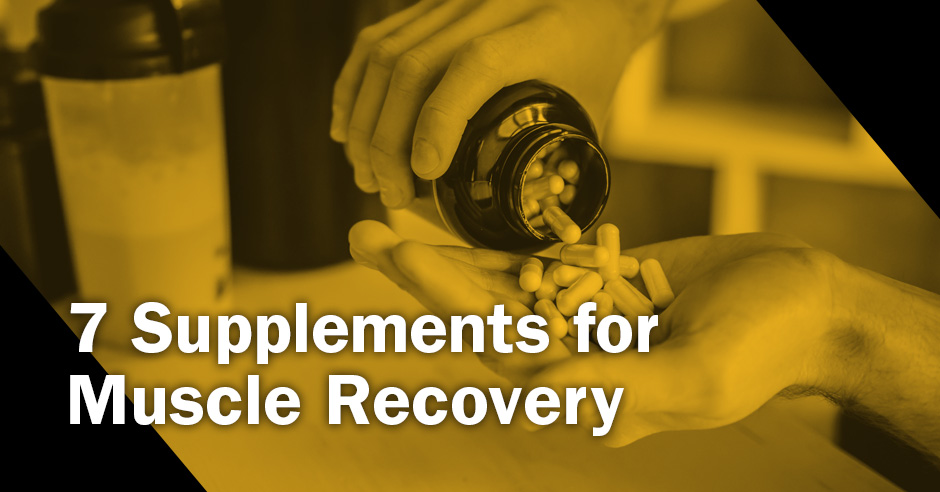
Credit: www.issaonline.com
Real-life Success Stories
Discover how supplements have transformed lives in battling muscle fatigue and soreness. Learn from real people who have experienced recovery and enhanced performance.
Athletes And Fitness Enthusiasts
Many athletes and fitness buffs rely on supplements. These supplements help them combat muscle fatigue and soreness effectively.
John, a marathon runner, shared his story. He used BCAAs to reduce muscle fatigue. His performance improved significantly.
Sarah, a weightlifter, used creatine to help with soreness. She noticed faster recovery and increased strength.
| Person | Sport | Supplement | Result |
|---|---|---|---|
| John | Marathon Running | BCAAs | Reduced Muscle Fatigue |
| Sarah | Weightlifting | Creatine | Faster Recovery |
Recovery Journeys
Recovery is a crucial part of any fitness journey. Supplements play a vital role in this process.
Mike, a cyclist, had severe muscle soreness. He started taking glutamine and felt a noticeable difference within weeks.
Emily, a yoga enthusiast, struggled with muscle fatigue. She began using magnesium supplements. She soon experienced reduced muscle cramps.
- Mike – Improved recovery with glutamine
- Emily – Reduced cramps with magnesium
Conclusion: Personalizing Your Approach
Finding the right supplements for muscle fatigue and soreness is key. Each body is unique. Your approach should be personalized. Consider your diet, exercise routine, and specific needs.
Listening To Your Body
Pay attention to your body’s signals. If you feel tired or sore, take note. Adjust your supplements based on how you feel.
- Notice changes in energy levels
- Track muscle recovery time
- Be aware of any side effects
Keep a journal. Record how you feel after taking supplements. This helps identify what works best for you.
Combining Diet, Exercise, And Supplements
A balanced diet is crucial. Eat plenty of fruits, vegetables, and protein. This fuels your muscles and aids recovery.
| Food | Benefits |
|---|---|
| Leafy Greens | Rich in vitamins |
| Lean Meats | High in protein |
| Nuts | Good source of healthy fats |
Exercise regularly. Combine strength training with cardio. This helps build muscle and improve endurance.
- Warm up before workouts
- Stretch after exercising
- Stay hydrated during exercise
Use supplements to fill gaps. Sometimes diet and exercise aren’t enough. Supplements can help with muscle fatigue and soreness. Choose ones that fit your needs.
By listening to your body and combining diet, exercise, and supplements, you can create a personalized approach. This will help you manage muscle fatigue and soreness effectively.
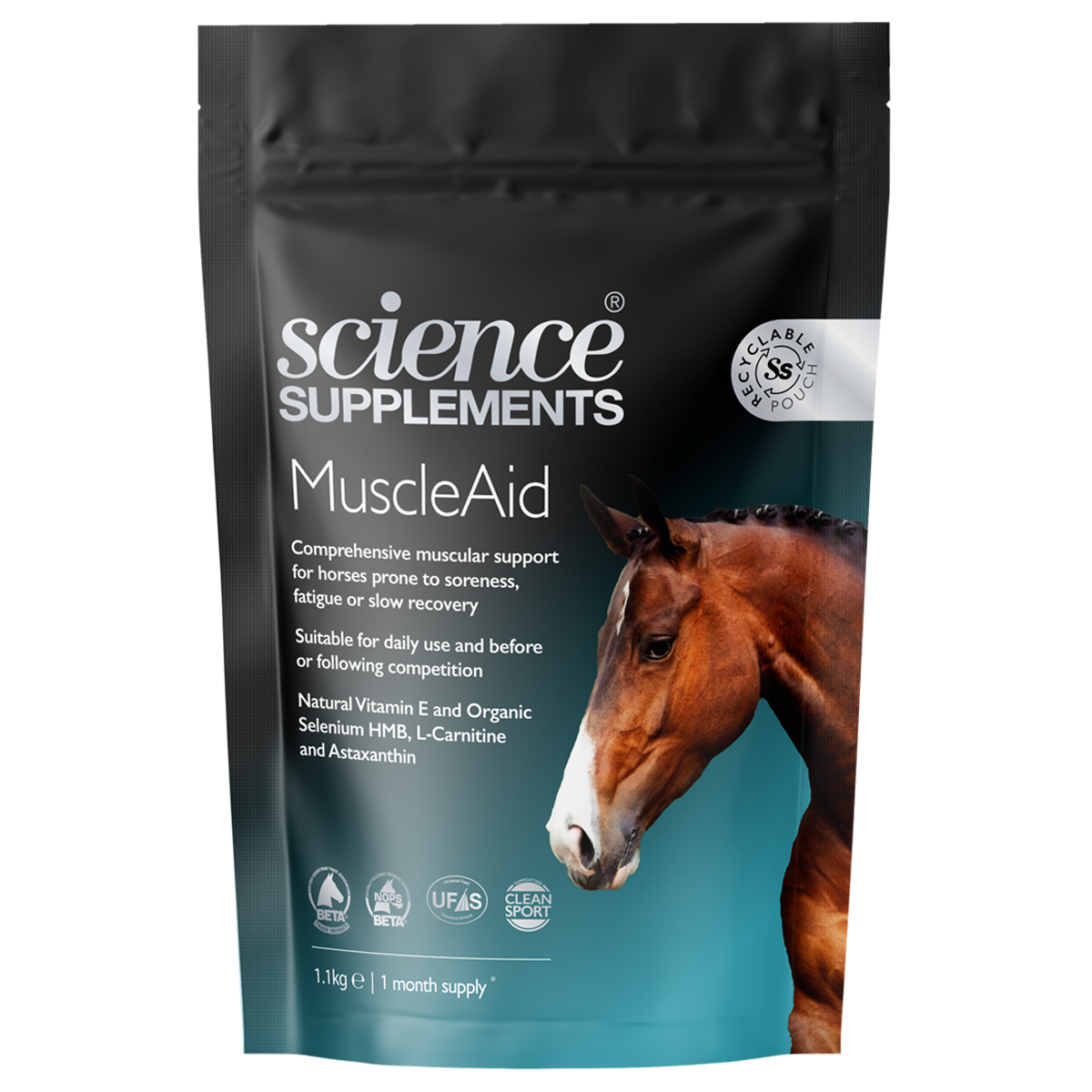
Credit: sciencesupplements.com
Frequently Asked Questions
What Vitamins Help With Muscle Pain And Fatigue?
Vitamins B12, D, and E help reduce muscle pain and fatigue. Magnesium and potassium also support muscle health.
Which Supplement Helps Muscle Soreness?
Omega-3 supplements help reduce muscle soreness. They have anti-inflammatory properties that aid in muscle recovery.
What Should I Take For Muscle Fatigue?
For muscle fatigue, take magnesium, potassium, and vitamins B and D. Stay hydrated and consider protein supplements. Rest and proper nutrition aid recovery.
How Do You Deal With Muscle Soreness And Fatigue?
To deal with muscle soreness and fatigue, rest and hydrate. Stretch and use foam rollers. Eat protein-rich foods for recovery.
What Supplements Help Muscle Fatigue?
Supplements like magnesium, BCAAs, and CoQ10 can help reduce muscle fatigue and improve recovery.
How Does Magnesium Reduce Muscle Soreness?
Magnesium helps by relaxing muscles, reducing cramps, and improving overall muscle function, thus reducing soreness.
Can Bcaas Aid In Muscle Recovery?
Yes, BCAAs support muscle repair and reduce exercise-induced muscle damage, aiding in quicker recovery.
Is Coq10 Effective For Muscle Fatigue?
CoQ10 boosts energy production in cells, reducing muscle fatigue and enhancing endurance.
What Role Does Omega-3 Play?
Omega-3 fatty acids reduce inflammation, aiding in faster muscle recovery and decreasing soreness.
Does Creatine Help With Muscle Fatigue?
Creatine improves muscle energy production, delaying fatigue and enhancing performance during high-intensity exercises.
Conclusion
Choosing the right supplements can help alleviate muscle fatigue and soreness. They support faster recovery and improved performance. Always consult a healthcare professional before starting any supplement regimen. With the right guidance, you can enhance your workout results and overall well-being.
Stay consistent and listen to your body’s needs for optimal health.

